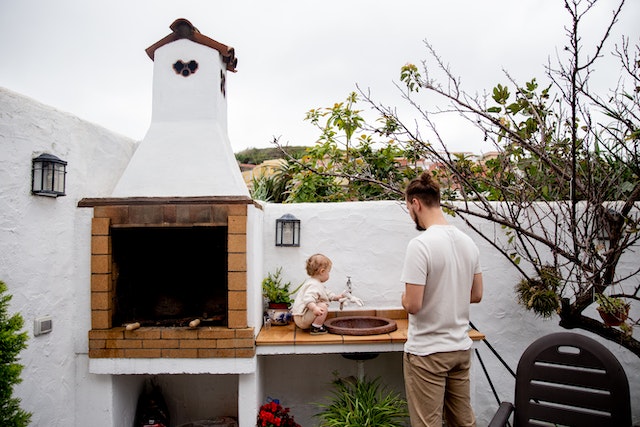Television has become an integral part of our daily lives, and many families watch it together.
While this can be a bonding experience, it also raises questions about the impact it has on children’s development and the quality of time spent with parents.
On one hand, watching television together can be a fun and educational experience.
Children can learn new things, expand their knowledge, and gain exposure to different cultures and ideas.
It can also provide a shared experience between parents and children, creating opportunities for conversation and bonding.
However, it is important for parents to monitor the content of what their children are watching, as some television shows and movies can contain inappropriate language, violence, or sexual content.
Additionally, excessive screen time can lead to issues such as poor sleep habits, lack of physical activity, and decreased academic performance.
It is also important for parents to balance television time with other activities such as outdoor play, reading, and spending quality time together without screens. Setting limits on screen time can help ensure that children have a healthy balance of activities in their daily routine.
Furthermore, parents should also engage in active viewing with their children.
This means watching television together and discussing what they are watching, asking questions, and sharing their own perspectives.
This can help children develop critical thinking skills and learn to analyze media messages.
In conclusion,
Watching television together can be a positive experience for parents and children, but it is important for parents to monitor content and balance screen time with other activities.
Active viewing and conversation can also help children develop important skills and perspectives.
![]()










